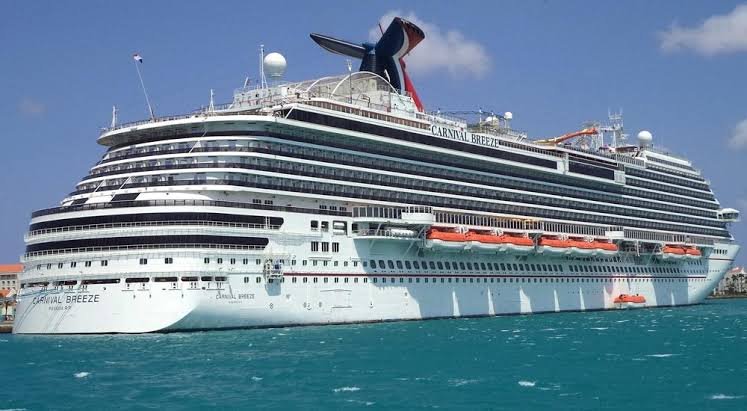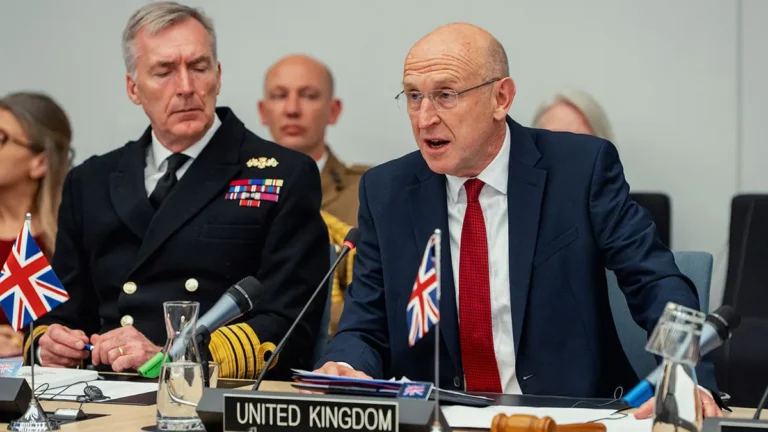
A 71‑year‑old male passenger was arrested by the Gateway Child Protection and Investigation Unit at Brisbane’s port. He allegedly confronted and grabbed a 14‑year‑old girl near a lift aboard a Carnival cruise ship late Thursday night, though thankfully without inflicting physical harm. Authorities charged him with deprivation of liberty and two counts of common assault; bail was opposed, and he is scheduled to appear in Brisbane Magistrates Court on Monday.
Earlier this year, as Carnival Jubilee docked in Galveston following a week-long Caribbean cruise, an all-out brawl erupted in the disembarkation area, involving dozens of passengers. Videos depict chaotic scenes of physical confrontations and scattered luggage. At least one arrest was made, and Carnival has banned 24 individuals from future sailings through its “Do Not Sail” policy.
In a high-profile legal case from late 2024, college athlete James Thomas Kelley — then 22 — was convicted of aggravated sexual assault for raping a 17-year-old aboard the Carnival Legend during a holiday cruise. Testimony revealed he forcibly assaulted the intoxicated teenager and callously asked, “You good?” afterward. He now faces a potential life sentence.
Carnival was ordered to pay over $12 million to a woman who alleged she was raped by a crew member in 2018 aboard the Carnival Miracle. The jury found the company liable for false imprisonment and assault. Carnival maintains the encounter was consensual, a position reportedly supported by an FBI investigation.
These incidents — assaults on minors, violent brawls, and crew misconduct — underscore broader systemic safety concerns within cruise environments. Passenger safety, crew oversight, and robust disciplinary policies are pivotal in protecting both guests and the cruise line’s reputation.
The company’s move to ban the brawlers under its “Do Not Sail” list sends a zero-tolerance message against disorderly conduct. Yet questions remain about the consistency and effectiveness of enforcement across different global itineraries.
Carnival is not alone. The wider cruise sector has seen similar controversies — ranging from sexual misconduct and assaults to onboard altercations — raising calls for uniform global safety standards and improved crew vetting practices.
Passenger advocates and safety experts are urging cruise lines to enforce stricter background checks on crew, enhance onboard monitoring, and improve incident reporting protocols. There is also demand for clear communication to travelers about risks, especially when port visits may involve higher crime exposure.
Although there is no credible evidence that an award‑winning Carnival Cruise director has been arrested, the company continues to face serious reputational and operational challenges. From legal verdicts and passenger arrests to onboard violence, it’s clear that robust safety measures — spanning vetting, surveillance, and emergency responsiveness — are crucial. These recent developments highlight the urgent need for Carnival and the cruise industry as a whole to strengthen safeguards and rebuild passenger confidence.






